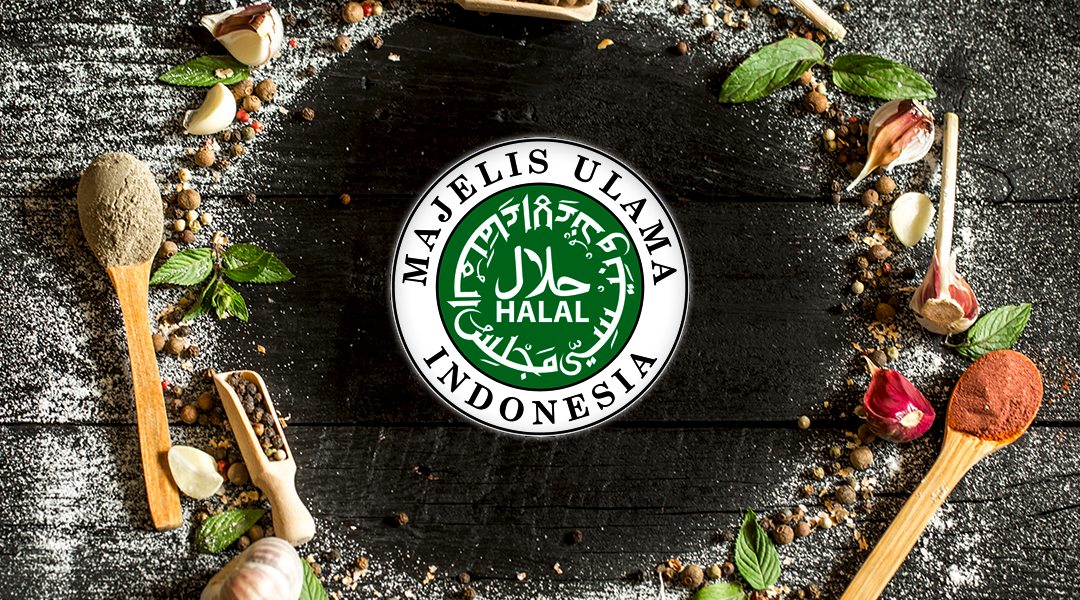How to Get MUI Halal Certificate – For those of you who do business in the fields of Food, Medicines, and Cosmetics, Halal Certificate is a certificate which states that a product such as food, beverage, cosmetics, and so on does not contain any prohibited elements or ingredients and the management method is carried out by a production method that is in accordance with the teachings of Sharia Islam.
Based on Law No. 3 of 2014 concerning Halal Product Guarantee, all products circulating and traded in Indonesia must have a halal certificate with the exception of haram products.
What product categories are required to have the Halal Certificate? The product category includes goods and/or services related to food, beverages, medicines, cosmetics, chemical products, biological products, genetically engineered products, and consumer goods that massively used or utilized by the community.
Halal certificate is important to have in addition to a distribution permit certificate from the BPOM RI or the Health Service (SPP-IRT) to strengthen and increase people’s trust in your product.
For companies that wish to obtain a halal certificate from the Assessment of Food, Drugs, and Cosmetics Institute under the Indonesian Ulama Council (LPPOM MUI), whether in the processing industry (food, medicine, cosmetics), slaughterhouses (RPH), and restaurants/catering/kitchens, they must register for halal certification and meet the requirements of halal certification. The following are the steps that must be passed in the halal certification process:
1. Understand the Requirements for Halal Certification and Participate in Halal Assurance System (SJH) Training
Companies must understand the halal certification requirements listed in HAS 23000. In addition, companies must also attend Halal Assurance System (SJH) training held by LPPOM MUI, both in the form of regular training and online training (e-training).
2. Implementing the Halal Assurance System (SJH)
Companies must apply SJH before registering for halal certification, including establishing a halal policy, establishing a Halal Management Team, making SJH Manual, conducting training, preparing SJH-related procedures, implementing internal audits, and management reviews. To assist companies in implementing SJH, LPPOM MUI provides guidance documents.
3. Prepare Halal Certification Documents
The company must prepare the documents required for halal certification, including product list, ingredient list, material document, list of slaughterers (specifically for RPH), product matrix, SJH Manual, process flow diagram, address list of production facilities, proof of halal policy socialization, evidence internal training, and internal audit evidence.
4. Register for Halal Certification (upload data)
Registration for halal certification is done online in the Cerol system through the website www.e-lppommui.org. Companies must first read the Cerol user manual to understand the halal certification procedure. The company must upload the certification data to completion so that it can be processed by LPPOM MUI.
5. Monitoring The Pre-audit and Payment of The Certification Contract
After uploading the certification data, the company must conduct pre-audit monitoring and payment of the certification contract. Pre-audit monitoring is recommended to be carried out every day to find out any discrepancies in the pre-audit results. Payment of the certification contract is made by downloading the contract at Cerol, paying the contract fee and signing the contract, then making payment at Cerol and being approved by the LPPOM MUI Treasurer via email to bendaharalppom@halalmui.org.
6. Audit Process
The audit can be carried out if the company has passed the pre-audit and the contract has been approved. Audits are carried out at all facilities relating to the certified product.
7. Post-audit Monitoring
After uploading the certification data, the company must carry out post-audit monitoring. Post-audit monitoring is recommended to be carried out every day to find out any discrepancies in the audit results, and if there are discrepancies to be corrected.
8. Obtaining Halal Certificate
Companies can download the halal certificate in softcopy at Cerol. The original halal certificate can be taken at the LPPOM MUI Jakarta office and can also be sent to the company address. Halal certificate is valid for 2 (two) years.
Indoservice always tries to provide the corporate secretarial services that can ease your business and of them is Halal Certification. As a reliable and experienced service provider, Indoservice is committed to delivering the best and fast service to meet your needs. Contact us now for special offers.


0 Comments